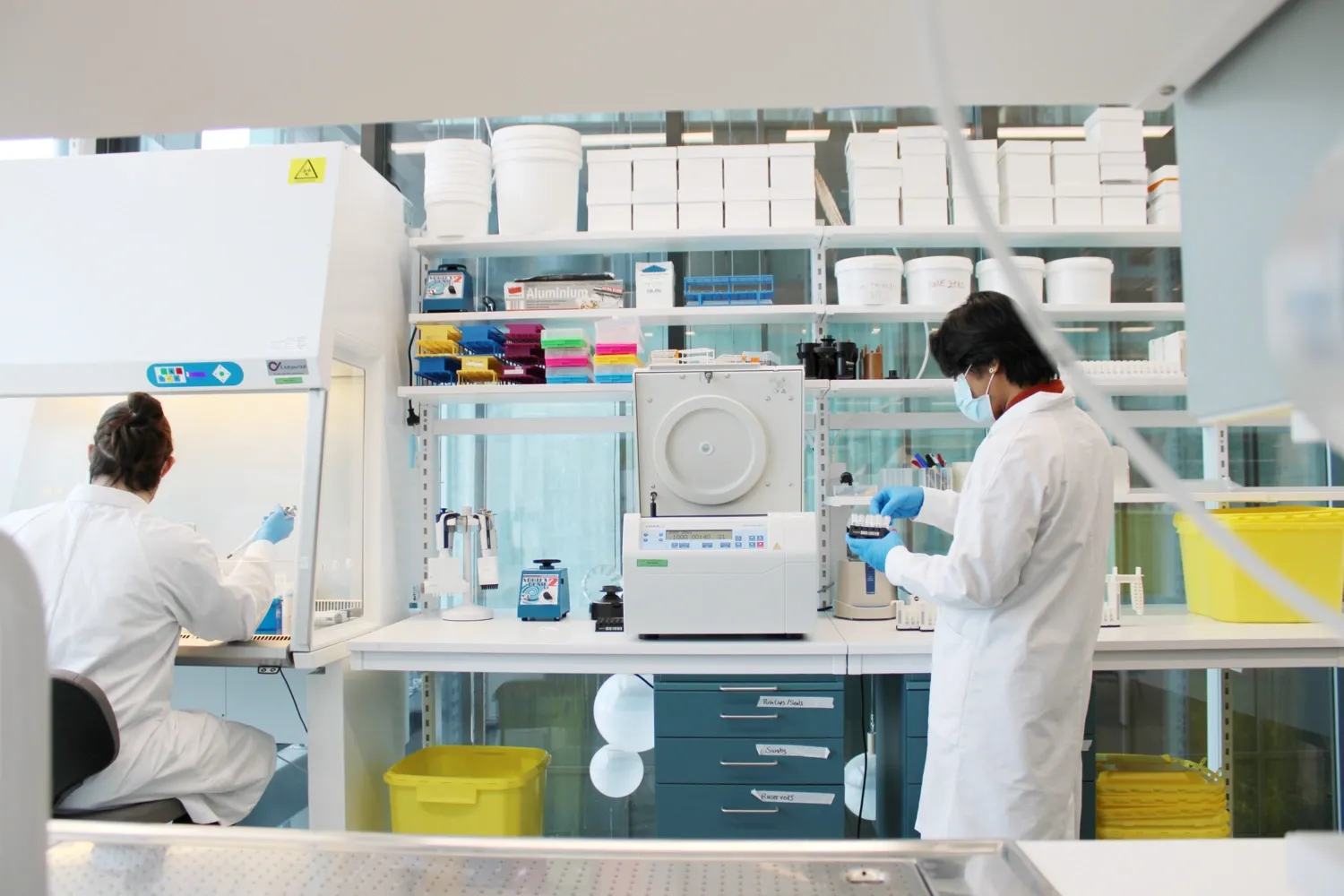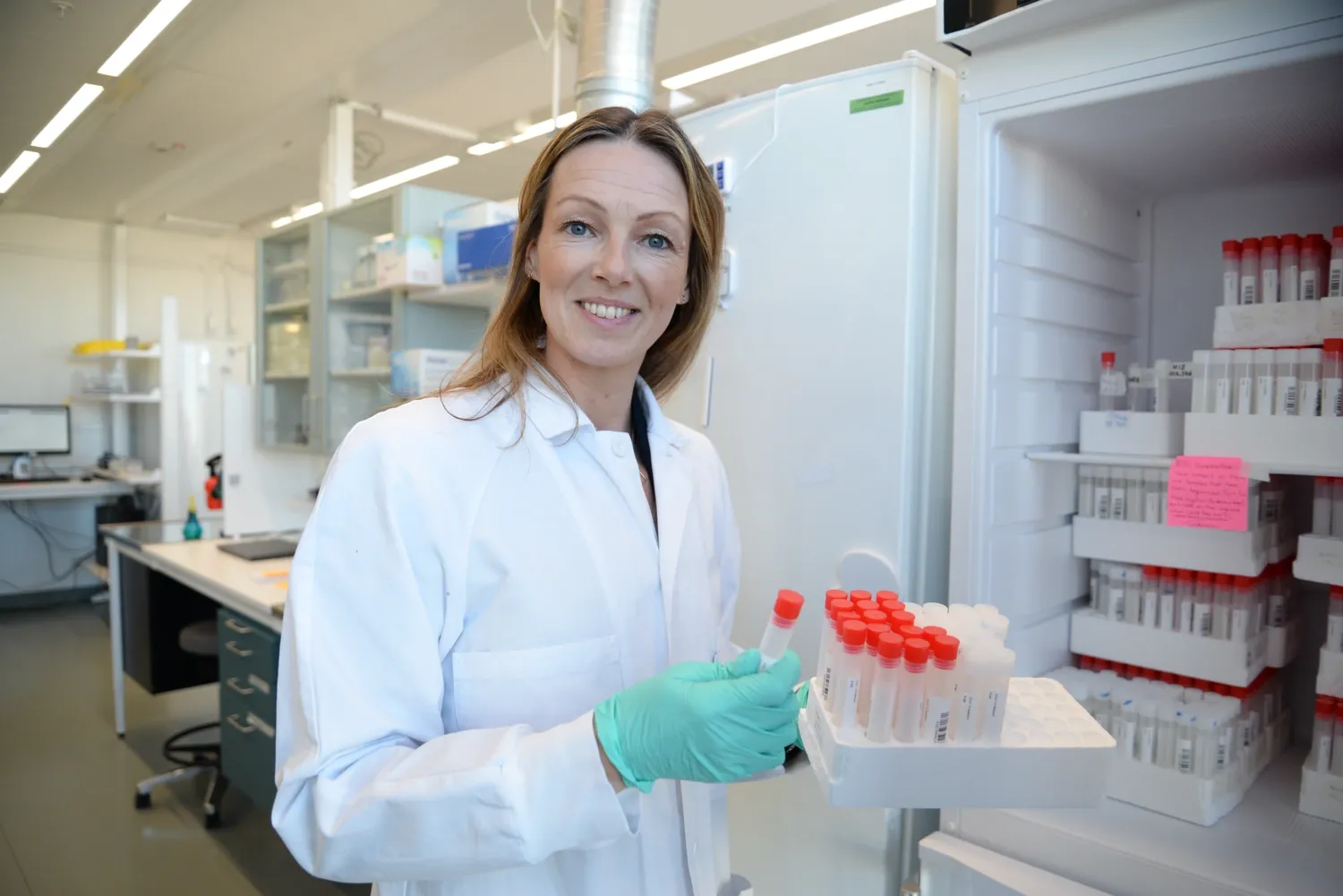Laboratory preparedness and the importance of making use of experience

Correct and functioning diagnostics are a basic prerequisite for knowing what is happening and what it is we are dealing with, both in everyday life, but not least in a health crisis. Therefore, the need for adaptable and scalable laboratory and diagnostic capabilities is central to rapid and adequate management in many health crises, whether infectious diseases or chemical spills.
In a health crisis, we need to know what it is we are dealing with in order to best manage and limit the consequences. In this work, the laboratory and diagnostics play a crucial role in the management of a health crisis.
In order to be able to act quickly and cope with the management, good preparedness is needed. This is clearly highlighted in all the information campaigns during the preparedness week.
During the COVID-19 pandemic, the role of laboratory and diagnostic activities in a health crisis became very clear. Partly through testing, and contact tracing, but also variant surveillance with genome sequencing were crucial tools in the pandemic management.
To understand and manage the outbreak and spread, such knowledge about COVID was absolutely crucial.
Large-scale COVID-19 diagnostics at Karolinska Institutet
As early as March 2020, Karolinska Institutet made its expertise and resources available to support the surrounding society in its handling of the pandemic. Among other things, the National Pandemic Centre (NPC) was started at Karolinska Institutet, a laboratory for large-scale COVID-19 diagnostics that supported the Swedish healthcare system with analysis and testing capacity.
Some concrete examples of what that support looked like are the over 620,000 diagnostic PCR tests and over 137,000 whole genome sequencing that NPC performed. At its peak, 230 people worked in shifts around the clock at NPC.
Jessica Alm, Head of Unit at NPC, looks back with pride on NPC's contributions during the COVID-19 pandemic. Today, it is important to manage the skills and capacities that have been built up, in order to maintain and improve preparedness for the next health crisis.

"I think it is extremely important that we jointly take responsibility for taking advantage of, managing and refining what has been built up during the COVID-19 pandemic. The lessons learned and the skills we now have need to be actively translated into preparedness for future health crises. Although most people seem to agree on the importance of this, there is a lack of clear investments and resources to be able to ensure that laboratory preparedness and competence are maintained to support the surrounding community in a similar way as we did at NPC during the pandemic," says Jessica Alm.
Surge capacity – the ability to scale up
It's not just things, such as machines, analytical reagents and face masks, that are needed to deal with a health crisis. Not least, staff with the right skills are needed, there is a need for systems that they can work within, and there is a need for appropriate premises.
Within the concept of surge capacity, four areas are identified where the scale-up capacity should be in order to be able to quickly and adequately meet a crisis, these areas are called the four S's: stuff, staff, systems and space.
What that capability should look like for laboratory and diagnostic operations is a question that Jessica Alm continues to be interested in in her role as expert coordinator in laboratory and diagnostic preparedness at the Centre for Health Crises.
